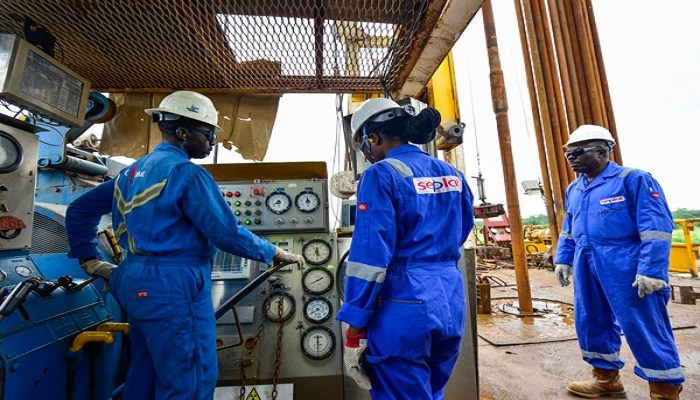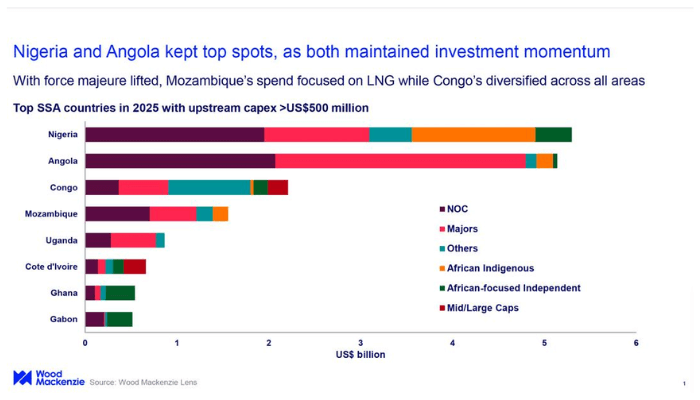Nigerian crude will struggle for market share in the months ahead on account of rising competition from US exports to the Asian market where demand has seen remarkable growth in recent times.
Traders say Nigerian crude have had a difficult time clearing for several weeks, as offer levels were too high to attract buying interest from European refineries which have been suffering poor refinery margins on naphtha and gasoline according to S&P Platts report.
A crude oil trader said a structural change in supply of US crude to Asia is raising concern because it seems like more Asian buyers are increasingly terming US crude. Increased preference for US crude will limit demand for West African crude grades.
Traders have had to push crude grades such as Agbami, Qua Iboe and Akpo to Southeast Asia by lowering prices.
“Looking at the WTI/Dubai and the WTI/Brent spreads, WAF will have to compete with US grades going to the East,” another trader said.
Further competition will come due to fallen freight costs from US Gulf Coast to Asia since early December, helping US producers push greater loadings of US crude to Asia. However, freight costs from West Africa to Asia have increased making it currently cents/b more expensive to bring Angolan crude to the market.
S&P Platts say around 17 Very Large Crude Carriers (VLCCs), or tankers capable of moving over 2m barrels have been fixed to load crude from the US Gulf Coast to Eastern destinations for February-loading cargoes, shipping reports showed, with many more likely booked outside of reported fixtures.
According to S&P Global Platts trade flow software cFlow and shipping reports for January-loading cargoes, 16 VLCCs were seen carrying US crude from the US Gulf Coast to Eastern destinations.
“Arbitrage economics remain highly favorable for more US crude purchases. The latest OPEC cut seems to be keeping the Dubai price complex relatively expensive,” a senior official at Seoul-based Korea Petroleum Association said.
Analysts have pointed to a similar picture for some of the lighter Angolan grades such as Girassol, Kissanje and Cabinda.
All Angolan grades across the light to the heavy spectrum, have been performing extremely well in the March trading cycle as a result of increased buying from Chinese refiners prior to Chinese New Year, as well as newly allocated import quotas for Chinese teapot refineries and a narrow EFS, says S&P Platts.
However, trading sources have increasingly said the April trading cycle will look different. Some traders said April will only be supportive for selected Angolan crudes going into China, as Eastern buyers will be more focused on which grades are more desired at home.
Such a development would put lighter Angolan grades under pressure due to heightening competition from US barrels, which are prices on a heavier discount compared to grades priced against Dated Brent.
ISAAC ANYAOGU











